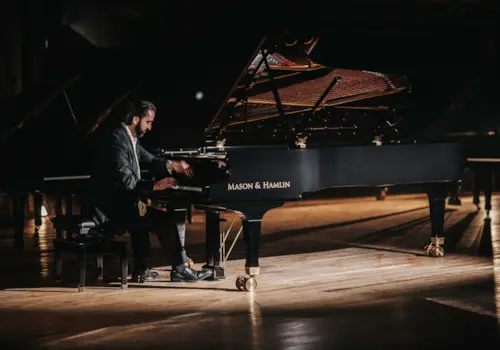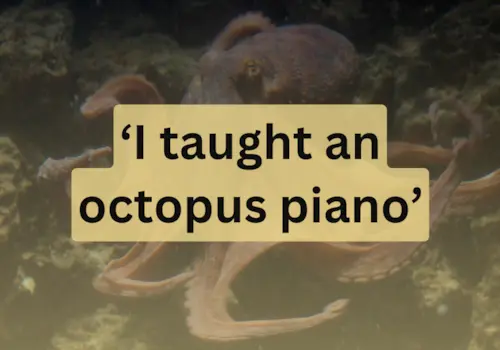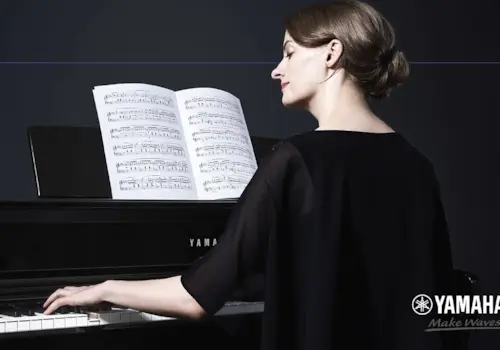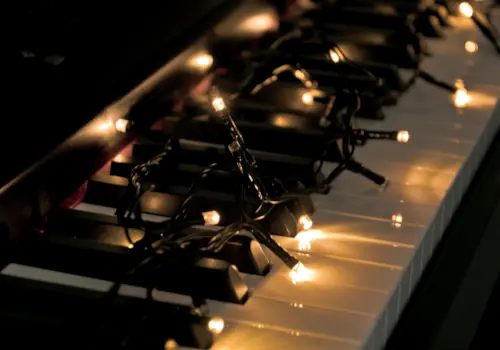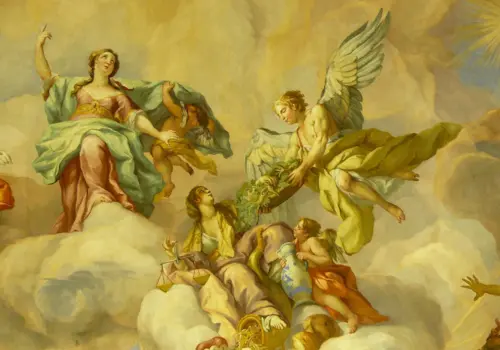31 October 2017
|
Szymon Nehring gives Wigmore Hall debut on Sunday 3 December 2017
Szymon Nehring, First Prize Winner of the 2017 Arthur Rubinstein International Piano Competition, gives Wigmore Hall debut on Sunday 3 December
When it comes to credentials in Chopin, they could hardly be more impeccable than those of the young Polish pianist Szymon Nehring. The composer’s Piano Sonata No 2, ‘Funeral March’, forms the centerpiece of the creatively conceived programme for his Wigmore Hall debut, set for 3 December. It follows an autumn season that has also included Nehring’s debut at New York’s Carnegie Hall and his first term of studies at the Yale School of Music, where his teacher is Boris Berman.
In May this year, Kraków-born Nehring became the first Pole to emerge victorious at the Arthur Rubinstein International Piano Master Competition in Tel Aviv, where his accolades also included the prize for the best performance of a piece by Chopin. He had already won First Prize at the Arthur Rubinstein in Memoriam International Competition in the Polish city of Bydgoszcz in 2014. The following year he received a Krystian Zimerman scholarship and reached the finals of the 17th Fryderyk Chopin International Piano Competition in Warsaw, going on to win the audience prize.
Watch him give his Finals concerto performance from the Chopin competition:
‘I have been playing Chopin’s music since I was a child,’ he says. ‘It has always been a very important part of my repertoire and its musical language is probably the kind that I understand best. But his music also represents a great pianistic challenge … It must speak in a way that is evocative and sincere, but never too straightforward. The Op 35 Sonata is a very personal piece for me. It connects in my imagination with the literature of Adam Mickiewicz and Juliusz Słowacki [both contemporaries of Chopin] and it is thrilling and romantic in a very Polish way. It is also, I feel, the work by Chopin that has the greatest shocks in store, both emotionally and in terms of its approach to form. By placing it alongside the ‘Appassionata’, I hope to show the difference in the way Chopin and Beethoven give expression to content that is very dark indeed.’
The second half of Szymon Nehring’s recital brings works from the first decades of the 20th century, by Szymanowski and Stravinsky, with dance as a strong element.
‘Szymanowski’s music, is in my opinion, still underrated, so I am extremely excited to present it to audiences around the world,’ he says. ‘The way it combines Polish folk music with extremely refined compositional techniques and subtle musical language is like nothing else. And the style of Szymanowski’s music in general – combining impressionistic and expressionistic styles with his own harmonic language – is highly distinctive.
‘The Op 50 Mazurkas and Op 3 Variations were composed at different periods in the composer’s life, but what connects them is that both are inspired by the music of Chopin. The Variations are inspired mainly by the phrasing and the cantabile sound that is so characteristic of Chopin’s music. The Mazurkas are obviously inspired by Chopin, but Szymanowski adds scales and rhythms from the Polish highlands. They were composed when he was in his forties, so their language is both individual and mature, and there is deep expression in every note.’
The recital closes in spectacular fashion with the three movements that Stravinsky transcribed from his ballet score Petrushka with, aptly enough, a particular Polish pianist in mind – none other than Arthur Rubinstein.
Szymon Nehring
Wigmore Hall debut
Sunday 3 December 2017, 7:30PM
Beethoven
Piano Sonata No 23 in F minor op. 57 ‘Appassionata’
Chopin
Piano Sonata No 2 in B flat minor Op 35 ‘Funeral March’
Szymanowski
Four mazurkas from the 20 Mazurkas Op 50; Variations in B flat minor Op 3
Stravinsky
Petrushka, 3 movements for piano

